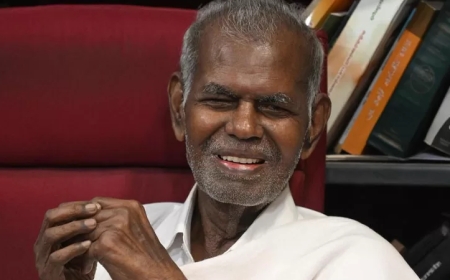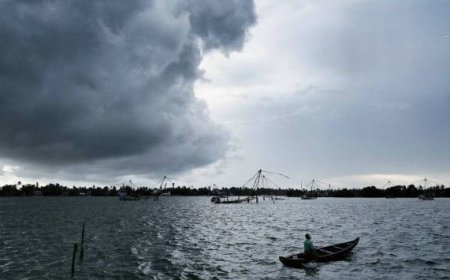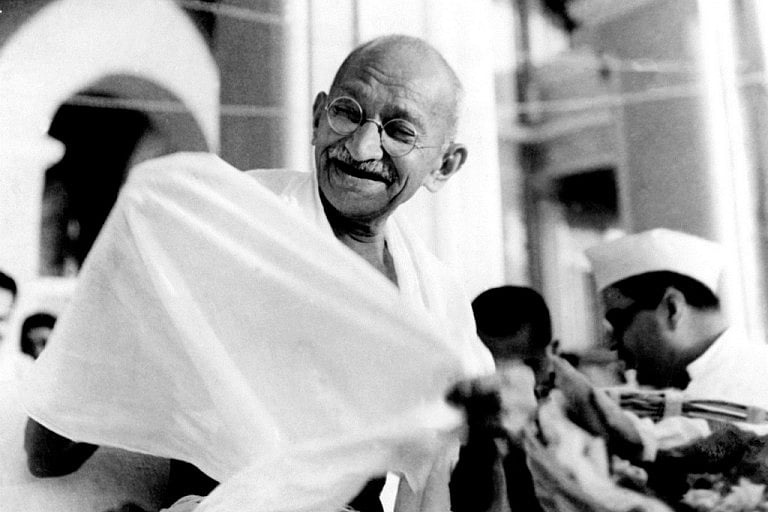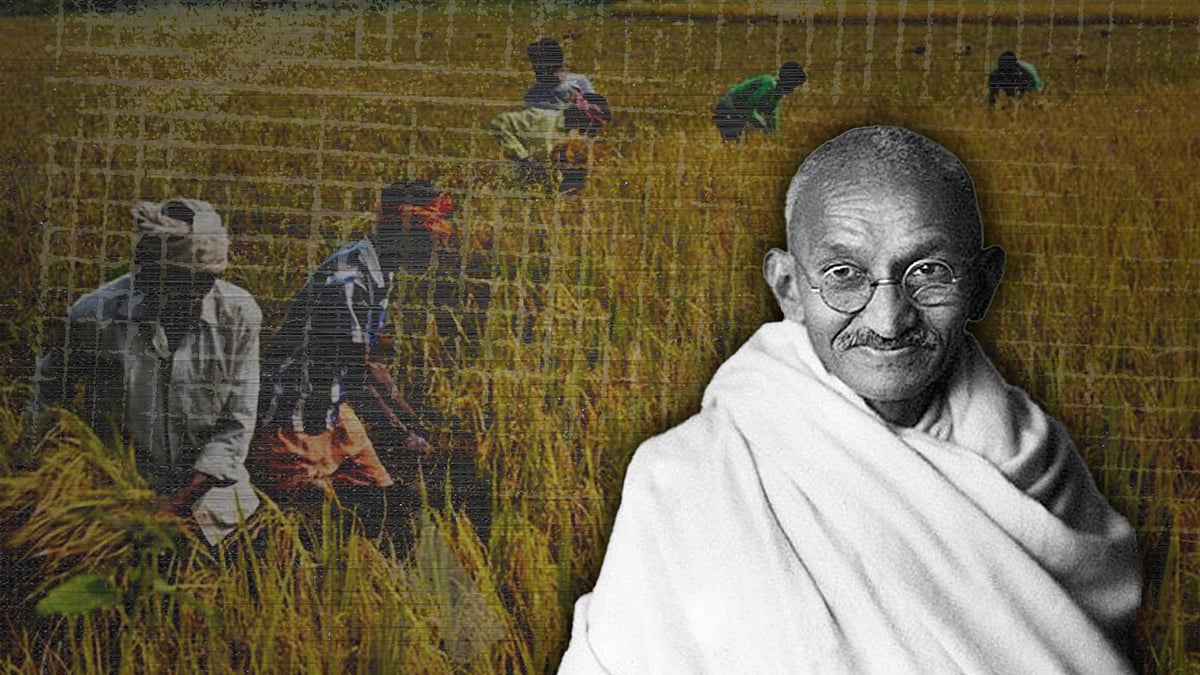India’s population growth has positive impacts

IT’S widely believed that an over-populated country will have a host of problems to overcome so as to easily dispense the welfare schemes to the masses, especially for a large country like India.
More people means an increased demand for food, water, housing, energy, healthcare, transportation and more. And all that consumption contributes to ecological degradation, increased conflicts and a higher risk of large-scale disasters like pandemics.
Overpopulation is one of the biggest challenges humanity is facing and threatens the near future of the planet in economic, environmental and social terms.
India is likely to surpass China as the most populous country in 2023, predict experts. But they say the increasing population in the country can turn out to be an opportunity for India to become a resource creator for the world.
The world population crossed the eight billion mark on Tuesday, November 15 with India being the largest contributor to the milestone.
For China, which added 73 million people in the overall count, the projection is, its contribution to the next billion in the global population is to be in the negative.
Recent theories suggest that population growth can have just as many positive impacts as there are negative ones.
The Population Foundation of India (PFI) says this milestone should not be seen as a problem but as an opportunity for India to plan better and provide a healthy and happy life for people across the world.
"We must celebrate the day the world population reaches eight billion," it had earlier said.
"Given the fact that India is projected to become the most populous country in the world in 2023, some sections have been expressing fear that a high population would be a problem for governance.
"However, this milestone should be seen as an opportunity to plan better and provide a healthy and happy life for all eight billion of us," the PFI said.
PFI executive director Poonam Muttreja said: A skilled population is strength and "we must see people as creators of resources".
The obsession with numbers needs to end and the need is to start thinking of "our population as people, in line with the principles of equality and equity", she said.
Global evidence shows that a small portion of the world's people use most of the earth's resources and produce most of its greenhouse gas emissions.
Over the past 25 years, the richest 10 per cent of the global population has been responsible for more than half of all carbon emissions, she claimed.
Muttreja said going forward, countries such as India also need to put in place public measures to address the needs of the growing ageing population.
These would include attaining universal health care and improving social security systems, she said.
With the world's population crossing 8 billion, "let us not become knee-jerk and insist that it is the root cause of all our problems nor take the diametrically opposite position that population growth produces no stress, especially at a time when climate threats are exacerbating inequality and loss of livelihood, impacting adversely women and all marginal communities the most", Executive director at the Centre for Advocacy and Research, Akhila Sivadas.
"Today more than ever before, we need to engage with the population increase from a gender equality perspective and focus on human development and build resilience in every sense of the word," she said.
Let's reap big from the rich population resource that we have.





































































